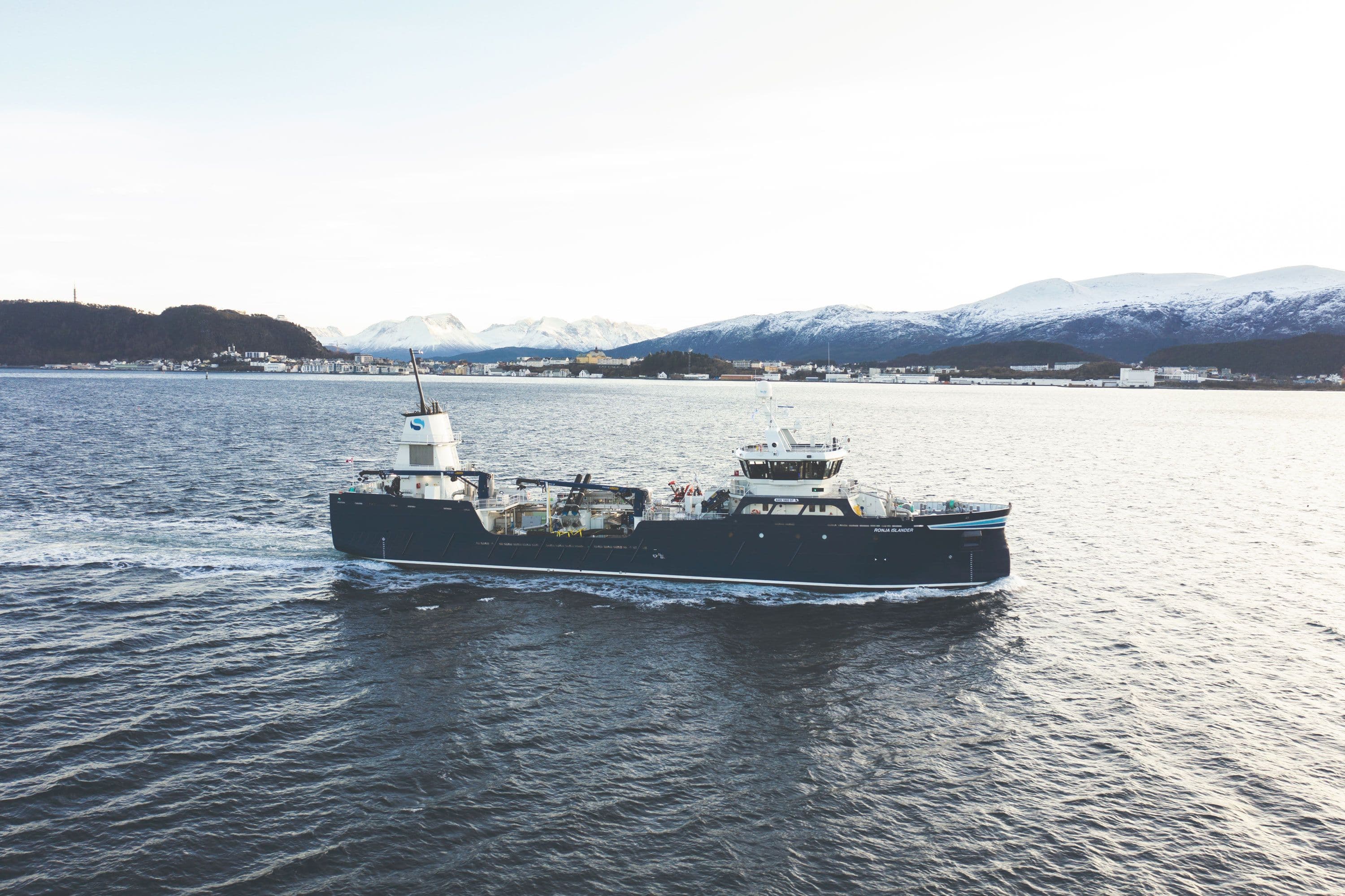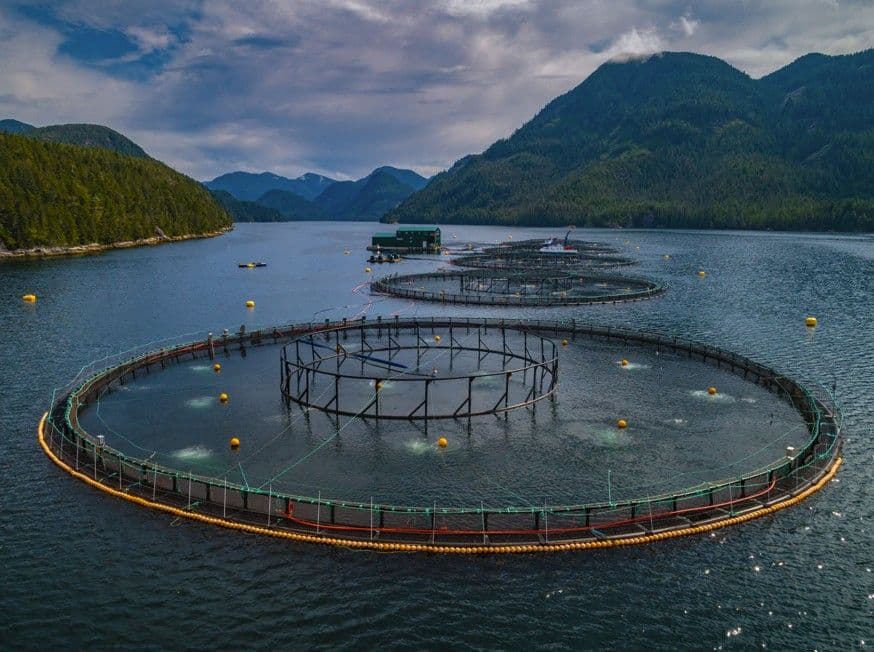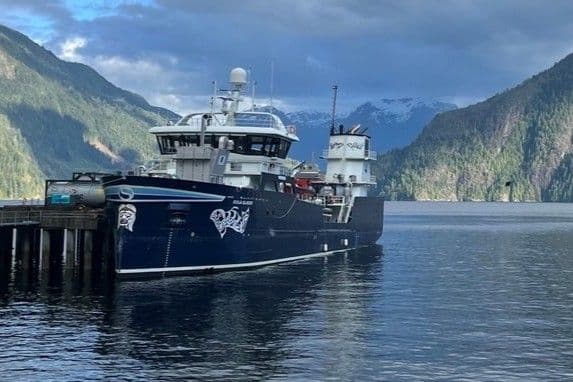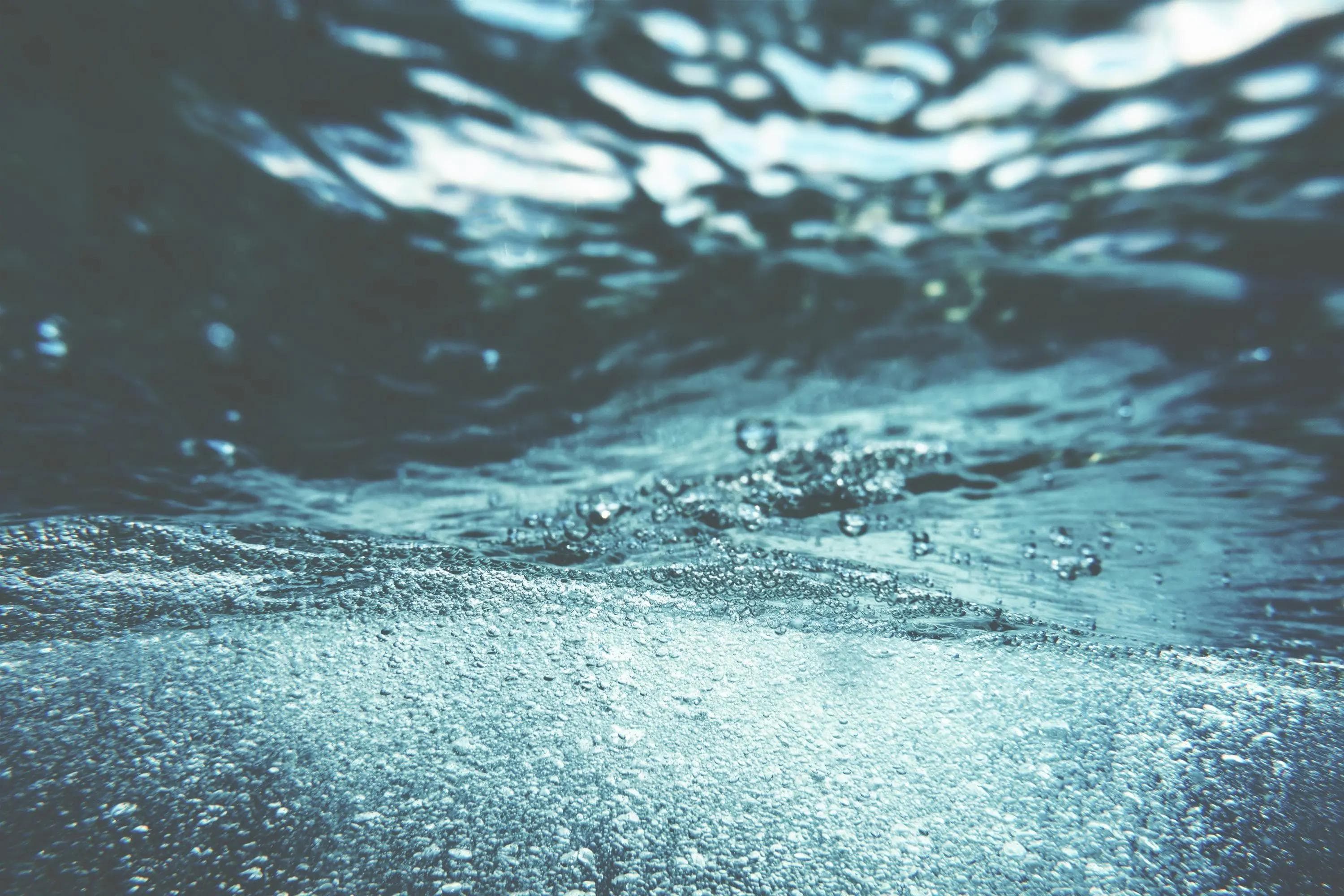
July 22, 2020
This spring and summer we have experienced higher than normal sea lice levels at our farms in Nootka Sound and our crews have been working hard in response to this. Treatments have been very successful, resulting in reduced sea lice numbers. We are also harvesting out the fish from these farms to further remove the possibility of sea lice transferring between our fish and wild salmon.
The most unfortunate part of this lice outbreak is its timing, which was during the outmigration of wild juvenile salmon. Each year during the outmigration and in-migration of wild salmon, our industry works together via area management plans to make sure our farms have the least impact on migrating salmon. Coexisting with wild salmon is, and always has been, of foremost importance to us.
A series of events has led to higher sea lice levels on our Nootka Sound farms, particularly the timing of when our new treatment and transport wellboat, the Ronja Islander, arrived for commissioning just before the outbreak of the COVID-19 pandemic.
The Ronja Islander has some of the best technology available to treat for sea lice. When we prepared to start treatments this spring, our farm and vessel crews were impacted by government-authorized self-isolation protocols in the early onset of COVID-19. This put us behind our treatment schedule in advance of the annual outmigration of wild juvenile salmon.
We are proud of our new wellboat and with new technology the vessel and her crew had to overcome a steep learning curve while working with changes to safe distancing protocols. We continue to learn how to work through the pandemic’s complications and disruptions every day. That has, and will continue to be, a challenge for us as it is for so many.
In addition to the new lice removal technology of the Ronja Islander, we are also researching the effects of installed partial-closed containment systems at two of our Sunshine Coast farms, which will trial the effects of reduced wild lice attaching to farmed salmon. With these advances, we hope to further decrease interactions between wild and farmed salmon.
The timing of these challenges, as well as adapting new sea lice management tools, has created an anomaly year for Grieg’s Nootka farms – one we will learn from and improve on to be even better stewards of the environment.
Dean Trethewey
Director of Seawater Production, Regulatory and Certifications
E: dean.trethewey@griegseafood.com


